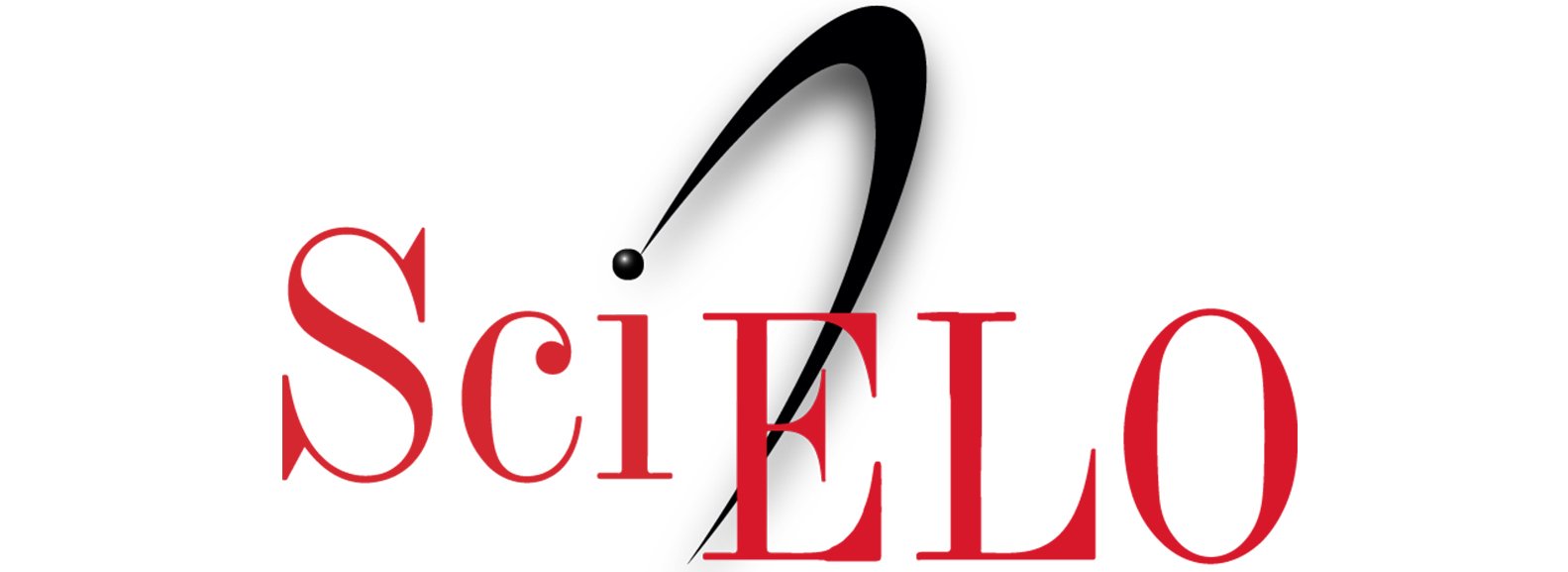LETTERS TO THE EDITOR
REVISTA DE LA FACULTAD DE MEDICINA HUMANA 2020 - Universidad Ricardo PalmaDOI 10.25176/RFMH.v20i3.2985
VIRTUAL MEDICAL EDUCATION IN PERU DURING COVID-19
EDUCACIÓN MÉDICA VIRTUAL EN PERÚ ENTIEMPOS DE COVID-19.
Antony Pinedo-Soria1,a, Leonardo Albitres-Flores2,a
1 Sociedad Científica de Estudiantes de Medicina de San Martín (SOCIEMSA). Tarapoto, Perú.
2 Sociedad Científica de Estudiantes de Medicina de la Universidad Nacional de Trujillo (SOCEMUNT), Trujillo, Perú.
a Medical student.
Dear Editor,
Medical education aims at excellence in the training of health professionals. Thus, virtual education arises from the difficulty of access of many students to educational centers
(1). Medical education is no stranger to this transition, so it is important for both teachers and students to adopt these tools to achieve a quality teaching-learning process(2).There
is evidence on the effectiveness and acceptance of virtual learning within the medical community (3), ), where students describe their satisfaction with this modality of education as a good option for better training(4).
However, some educational institutions are not prepared for this change and many of them do not have virtual platforms or do not have the capacity to impart knowledge properly in a virtual way, which exposes a poor reality in this digital
age. Virtual education has the challenge of training and adapting its teachers to these new teaching methods in front of its students who have already been born in a digital world (5). However, not all students
have access at home to these technologies or connectivity necessary for virtual education, in many cases due to lack of resources for the purchase of computers or the internet, added to the limitations of those living in rural areas.
However, not all students have access at home to these technologies or connectivity necessary for virtual education, in many cases due to lack of resources for the purchase of computers or the internet, added to the limitations of
those living in rural areas.(6). On the other hand, it has yet to be defined how the clinical practices of careers will be included; whether software and mock-ups of Clinical Simulation will be chosen or whether
these practices will be postponed for the future. All this guided to ensure good educational quality knowing that not even the best technology will replace the interaction with the real patient. In conclusion, virtual medical education is
a good option for imparting medical knowledge during social isolation despite its limitations.
Contributions: Both authors conceived the research idea, drafted the manuscript, and approved its final version.
Financing: Self-financed.
Conflicts of interest: The authors declare that they have no conflicts of interest .
Received: May 15, 2020
Approved: June 03, 2020
Correspondence: Antony Pinedo-Soria
Address: Jr. Lima 1313 Tarapoto, San Martin, Perú
Telephone number: +51 932 765 350
Email: antonypinedo9@gmail.com
REFERENCES
